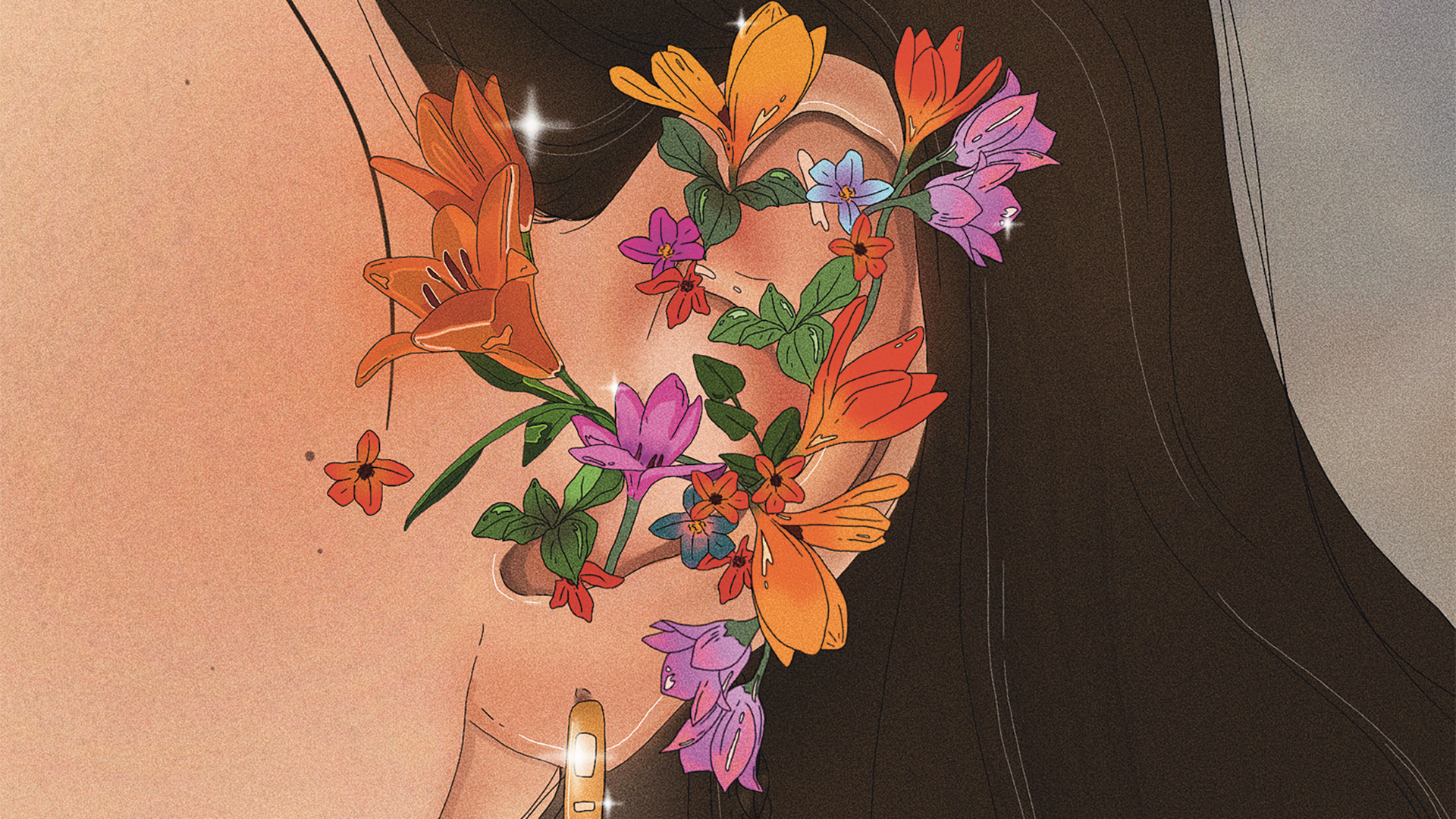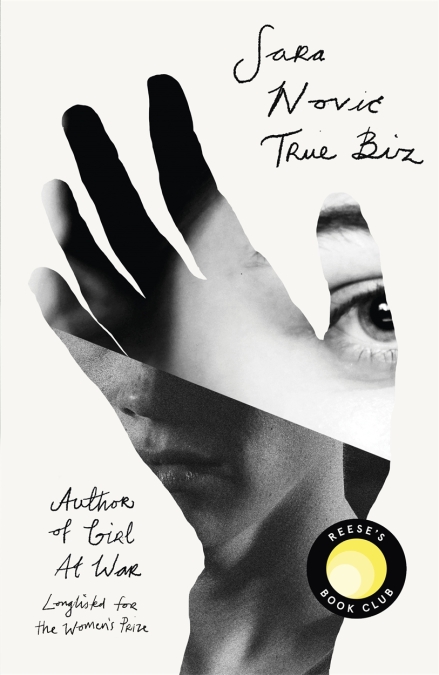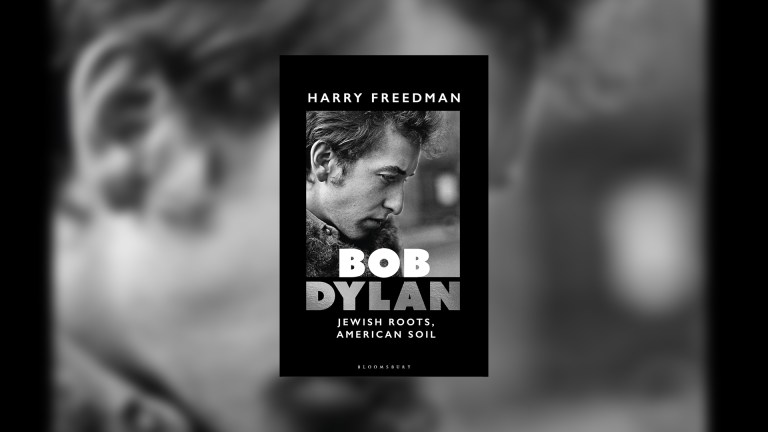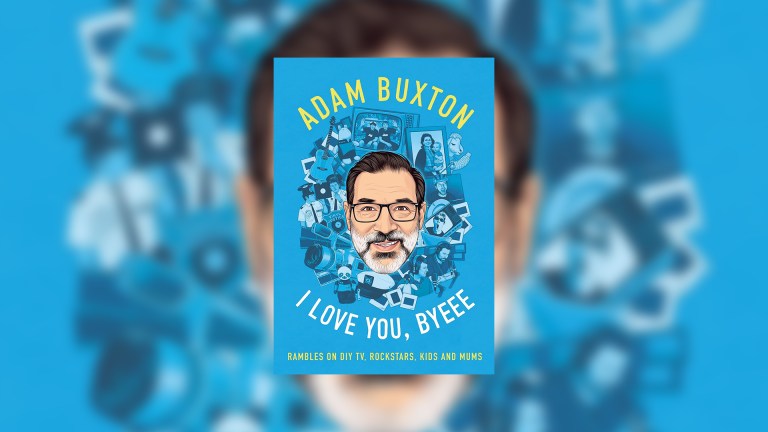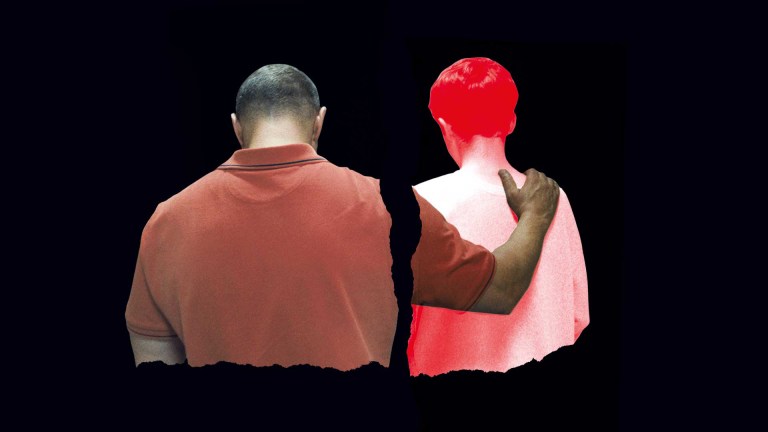I was in junior high when I failed my first hearing test, a mandated screening that took place in the
auditorium of our public school each fall. I don’t remember what I was thinking as I stood in line awaiting my turn, but I know I was certainly not thinking my life was about to change.
At the time, I hadn’t really noticed things going quiet at the edges. Even today, having been deaf more of my life than not, this is a difficult thing to explain – how could I know what I hadn’t been hearing? In any case, when the woman who’d administered the test handed me a pink slip, I was surprised and ashamed. She instructed me to give the paper to my parents; I attempted to flush it down the toilet.
I was a precocious student, and this may well have been the first test I ever failed. But more than that, I was afraid. I’d never met a deaf person before, and believed unquestioningly in the stereotypes about hearing loss I’d absorbed from the mainstream. I understood myself to be a broken version of my peers, and there was nowhere to look to tell me otherwise. Not wanting things to change, I poured all my energy into passing.
I remained a good student, attended a mainstream college and graduate programme, and from this hearing people often seek to mine inspiration. But the things they’re impressed by – my degrees or my speaking voice – are not the things that matter. That I was so skilled at disappearing is not a point of pride, but another kind of failure: a systemic one that taught me the best thing I could possibly become was “normal-looking”, and a personal one, that I believed them for so long.
Certain types of Deaf experiences are palatable to the hearing world: tragic ones, in which the deaf person has a difficult life. Or inspirational ones where we are cured and restored to normalcy, like in those viral videos presented as babies “hearing their moms’ voices for the first time”. The fact that those babies are not actually hearing their moms’ voices at all is rarely of interest to the hearing viewer, who is not seeking reality, but validation of his own biases. When it comes to telling Deaf stories, we are often hamstrung by the limits of the hearing imagination.
Eventually I got powerful hearing aids, and while they remain a useful tool for me, they were not the thing to “fix” me. That healing came from finding the Deaf community, and through them, American Sign Language (ASL). Through ASL, I have 100 per cent access to conversation and information, and this frees up all the effort I was applying towards the basics of communication to do the real thinking. Achieving a deeper understanding of myself and the world around me and, eventually, the work of writing it all down.
